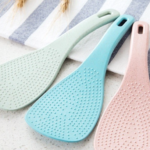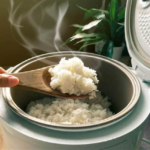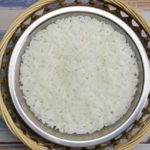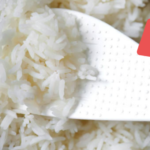Lemon has long been known for its myriad of benefits, from beauty and health remedies to disinfecting and deodorizing. But did you know that a few drops of lemon juice can transform your regular pot of rice into something more delicious and appealing? This article will share with you the surprising benefits of adding lemon to your rice cooker, giving you an extra trick to perfect your family’s mealtime.
1 What are the benefits of adding lemon to the rice cooker?
Adding lemon juice to your rice cooker brings several unexpected advantages to your rice, including:
-
Whiter rice: Citric acid in lemons helps remove metal ions from the water, preventing rice from turning yellow. This keeps the rice looking bright and attractive.
-
Fluffy and sticky rice: Lemon juice neutralizes the pH level of the rice, causing the grains to expand evenly and become fluffier. Your rice won’t be sticky or mushy.
-
Tasty rice: Lemons have a subtle fragrance that eliminates the fishy smell of rice and enhances its flavor.
-
Longer-lasting rice: The mild acidic nature of lemon juice inhibits bacterial growth, helping to preserve your rice for longer without spoilage.
-
Removes residue from the bottom of the pot: Citric acid in lemons also has a mild cleaning effect, removing residue buildup and keeping your rice cooker clean.
How to do it
-
Add one teaspoon of lemon juice to the rice cooker before cooking.
-
Mix the lemon juice thoroughly with the rice and water.
-
Cook the rice as usual.
Note
-
Avoid adding too much lemon juice to prevent the rice from becoming sour.
-
Use fresh lemons for the best results.
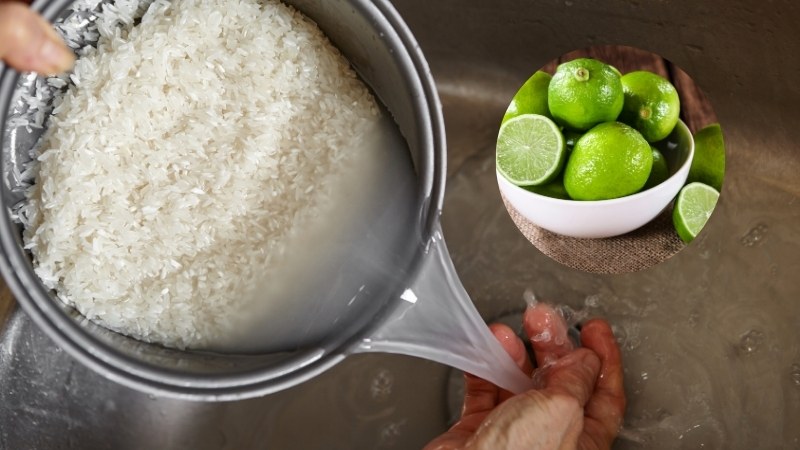 What are the benefits of adding lemon to the rice cooker?
What are the benefits of adding lemon to the rice cooker?
2 Tips for cooking tasty rice
In addition to adding lemon to your rice cooker, you can try these tips to enhance the taste and quality of your rice:
-
Choose high-quality rice: The type of rice you use greatly impacts the flavor and texture of your cooked rice. Opt for fresh rice with evenly sized, shiny grains.
-
Rinse the rice thoroughly: Rinsing removes dust, bran, and impurities, resulting in whiter and tastier rice.
-
Soak the rice: Soaking the rice before cooking makes the grains softer and ensures even cooking. Soaking time depends on the rice variety and is typically between 30 minutes to one hour.
-
Measure water accurately: The amount of water required varies based on the type of rice and water hardness. Generally, use a 1:2 ratio of rice to water.
-
Steam the rice: Steaming preserves the nutrients and flavor of the rice.
-
Add seasonings: Enhance the flavor of your rice by adding a small amount of , or to the rice cooker.
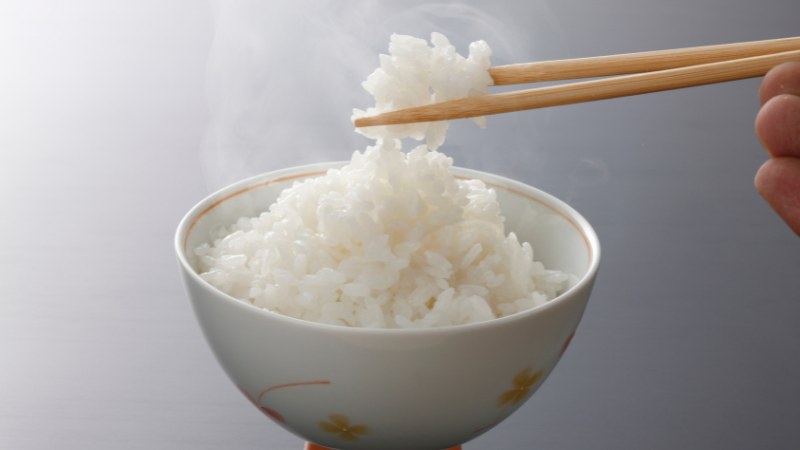 Tips for cooking tasty rice
Tips for cooking tasty rice
Adding lemon to your rice cooker is a simple trick that offers surprising benefits, including whiter, fluffier, and tastier rice, extended shelf life, and a cleaner rice cooker. It’s definitely worth incorporating into your daily cooking routine.


























